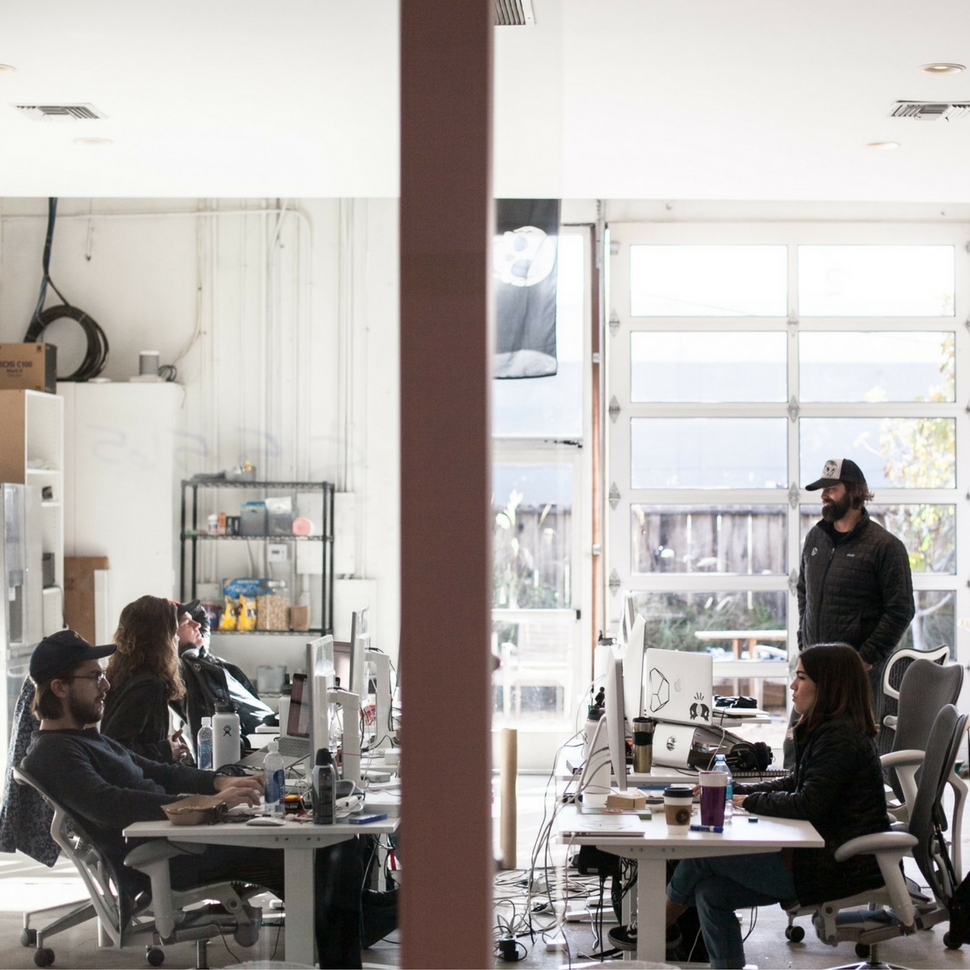Cushman & Wakefield, along with Unwork recently published the report ‘The Future of the TMT Workplace: How to Future Proof Your Workplace and Real Estate Strategy for the Age of Digital Disruption’.
The report provided valuable insights for businesses across industries, but it also brought forth the premise of how flexible workspace-as-a-service options will become an essential component of real estate strategies.
“Workplaces are the operational level in which strategy succeeds or fails.” In other words, the workplace can make or break a business, and this is especially true in today’s digital disruption and with today’s workforce generation.
The environment in which work gets done is of vital strategic importance. This is a realization that has helped power the coworking and collaborative workspace movement. People want to work from offices that inspire them, challenge them, and allow them to be dynamic.
Technology, Digital Disruption, and Flexible Workspaces
“Technology moves quickly; property doesn’t. Increasing the flexibility of their (companies and businesses) portfolios is a key priority.”
Flexible workspace options provide the flexibility and the environment that most companies are looking for today. According to the report, new types of workplaces can expedite product development and can help businesses base their operations in the right location–a location that ensures a healthy supply of talent, as well as access to growing markets.
“Flexible offices are also becoming a core part of property strategies in the sector as companies look to limit long-term lease liabilities and quickly ramp up their operations in new markets.”
At the pace in which technology is evolving, change is the only constant.
“To thrive in times of turbulence,” the report reads, “directors of property need to focus on making their real estate portfolios as flexible as possible. Modular workplaces that can be easily refitted to new roles and workstyles are essential, as the products, services and compositions of employees is set to change significantly over the course of the next few years.”
“The ability to scale up quickly and minimise long-term lease liabilities in a highly volatile environment is a source of considerable competitive advantage.”
Using a serviced workspace provider is “simple, cost effective, and does not require a long-term commitment that either hinders growth or wastes money on unnecessary space.”
Clearly, there is a bright outlook for the future of flexible workspace operators. But, the benefits of their offerings go beyond that of flexibility in leases and flexibility in terms of design.
“Accelerator and incubator spaces are becoming a key component of real estate strategies as companies attempt to work more closely with startups and high-growth companies to fast-track product development. Leading players are also designing workplaces which encourage interactions between different employees in the hope that new ideas will emerge from ‘bump’ moments between specialists from different units.”
Location, Location, Location…and Amenities
“Attracting the right talent is driving decisions about location and workplace.”
According to the report, “talent doesn’t move that much anymore, and employers need to set up shop where the concentrations of talent are.”
Additionally, as emerging markets become a more important source of revenue for companies, their physical presence in these locations will be crucial. Flexible workspace operators will benefit greatly from this, as companies will seek to be located in megacities, and “companies that are growing in Asia and Africa said that serviced offices were typically their first step into a new market, allowing them to concentrate on growing their presence before acquiring their own space.”
Location is one key aspect workspace operators need to keep in mind. But amenities should also be a top priority. “There is more pressure to create exciting workplaces that offer employees a sense of community. This extends well beyond providing ping-pong tables and sleeping pods–top talent expects free or heavily subsidised food, the likes of yoga and language classes, the best devices to work on and a stunning work environment.”
According to Cushman & Wakefield and Unwork, flexibility, location, amenities, and collaboration will become “industry standards” in the next few years…at least so it will be as it pertains to the workplace.
















